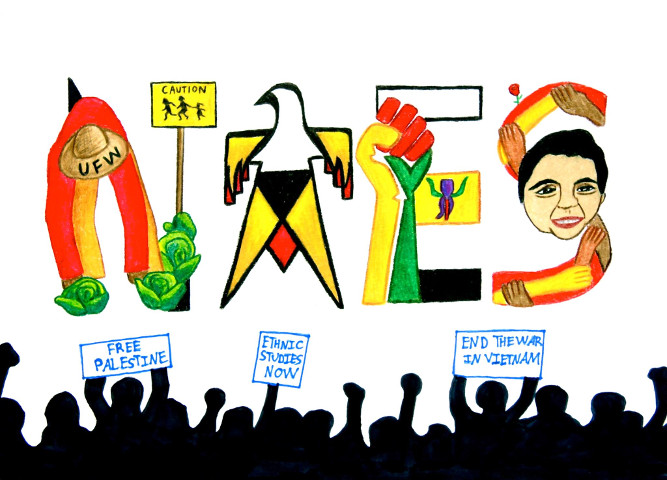Ethnic Studies Review

Orginal Publication Date
2005
Journal Title
Ethnic Studies Review
Volume
28
Issue
esr/vol28/iss2
First Page
37
Last Page
60
Abstract
This article considers the social and economic conditions under which Creoles of Color left the state of Louisiana from 1920-1940.1 Because Creoles in the years following 1920 were legally reclassified as black, many lost their land, social and legal rights, and access to education as well as the possibility of upward mobility to which they had previously had access when they were accorded the status of a distinct/legal ethnic group. Creole families had to make decisions about the economic, social, religious, and cultural futures of their children and the community as a whole. As a form of resistance to colonial and neocolonial rule, thousands of Creoles left Louisiana, following the pattern established by members of the previous generation who had anticipated the advent and implications of the new legal racial system as far back as the mid to late 1800s and had engaged in the first wave of migration from 1840-1890, moving primarily from rural ethnic enclaves to larger urban cities within the US and to international sites such as Mexico, Cuba, Haiti, Brazil, and other parts of the Caribbean and Latin America where racial lines were more fluid (Gehman, 1994).
Rights
Copyright ©ESR, The National Association for Ethnic Studies, 2005



Comments
Shifting Identities